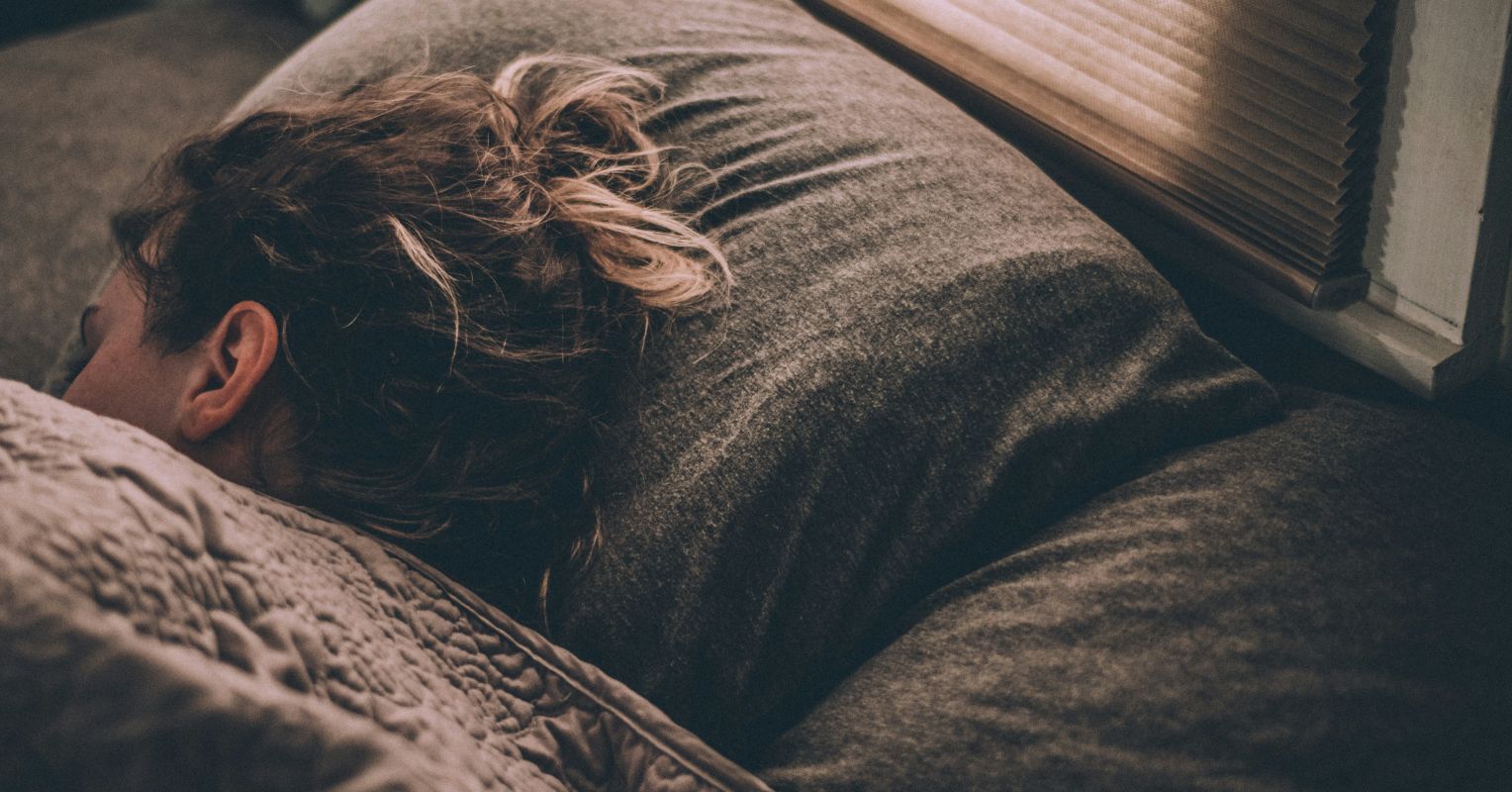
"Sleep is deeply tied to our emotional and mental health. Even one poor night of sleep can make us significantly less sharp, more irritable, and more vulnerable to bouts of depression and anxiety."
"Despite the importance of sleep, tens of millions of Americans on any given night will struggle to fall asleep. Research has shown that between 50 million and 70 million Americans struggle with chronic sleep disorders."
"Sixty percent of adults are not regularly getting the amount of sleep recommended by the National Sleep Foundation each night. Sixty-eight percent of adults have some difficulty falling asleep."
"Good sleep hygiene consists of multiple factors, and our cell phone habits and preoccupations with the 24-hour news cycle are only part of the problem."
Chronic sleep disorders affect 50 to 70 million Americans, with 60% of adults not getting recommended sleep. Poor sleep can exacerbate mental health issues, increasing irritability and vulnerability to depression and anxiety. Sixty-eight percent of adults have trouble falling asleep, while 70% struggle to stay asleep. Good sleep hygiene, including a regular schedule, avoiding stimulants, and creating a calming bedtime routine, can improve sleep quality. The challenges of sleep are not solely due to technology or current events, as multiple factors contribute to the issue.
Read at Psychology Today
Unable to calculate read time
Collection
[
|
...
]